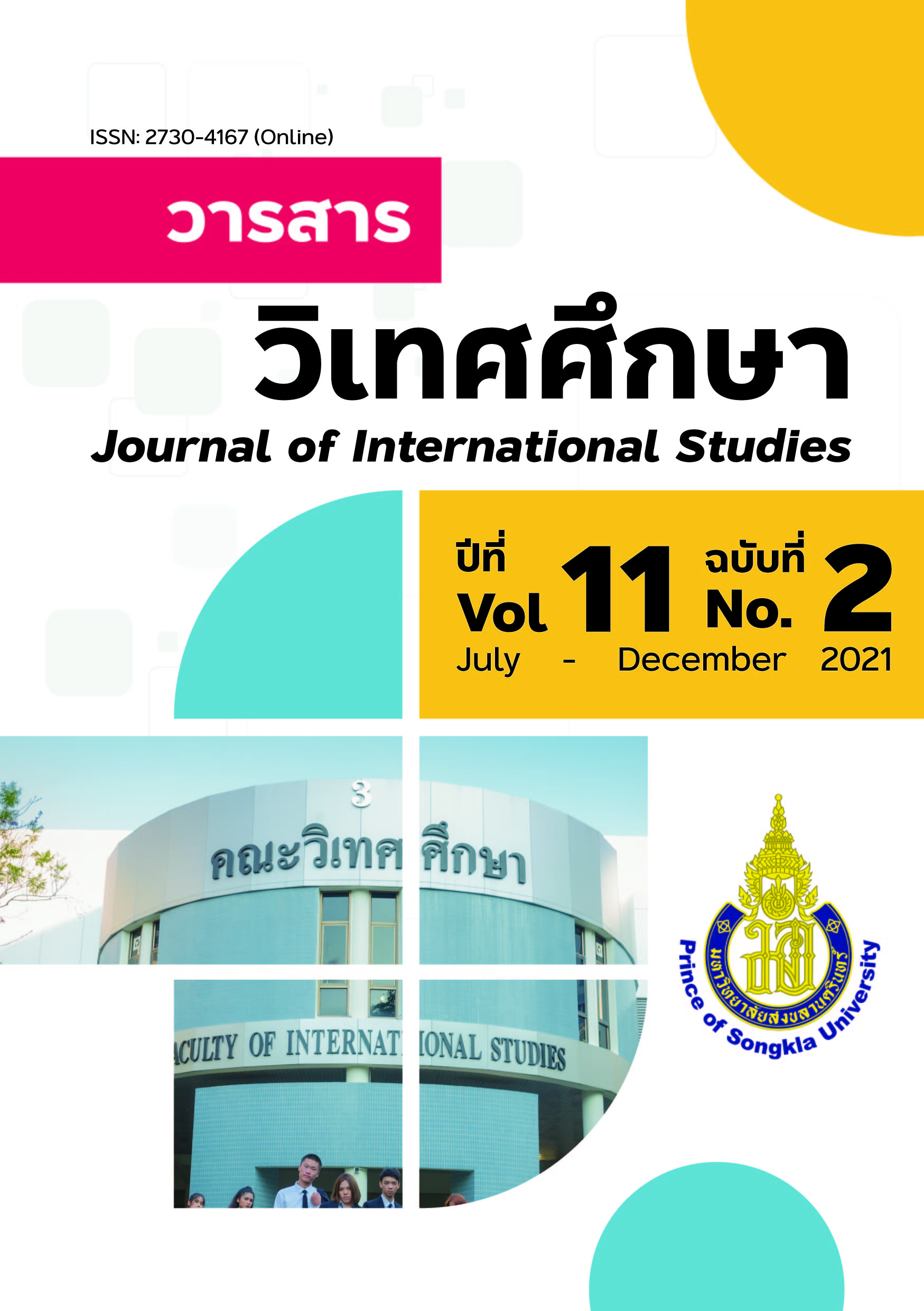Research on the Impact of Peer Compensation Reference Effect on Executive Investment Decisions-Based on the Perspective of Investment Efficiency
Main Article Content
Abstract
The executive compensation contract is essential for coordinating the interests of all parties and alleviating the principal-agent problem. Managers are not completely rational. They often look for a certain reference point for analysis and judgment when making decisions. The external reference point effect of the executive compensation contract is often Affect the investment behavior of executives. This study uses the 2012-2016 financial data of Chinese A-share listed companies as a sample to verify the existence of the reference point effect of external executive compensation in the same industry, and analyze the impact of external compensation reference points on investment efficiency. The following research conclusions are obtained through empirical analysis. First, there is a positive correlation between executive compensation and executive compensation in the same industry. Executives show strong economic and social preferences, and changes in executive compensation are affected by the level of compensation of corporate executives of the same industry, same property rights, and a similar scale. Second, the external reference point effect of executive compensation weakens investment efficiency. When the salary level of executives is lower than that of companies in the same industry, with the same property rights and similar scale, it will cause underinvestment and overinvestment, which will significantly reduce investment efficiency.
Article Details
Statements and opinions expressed in articles herein are those of the authors and do not necessarily reflect the position of the editors or publisher.
Article, information, text, image, etc. which are published in Journal of International Studies, belong to Journal of International Studies. If anybody or any organization would like to use part or whole of them, they must receive written permission from Journal of International Studies before usage.
References
Albuquerque, A.M., De Franco, G., & Verdi, R.S. (2013). Peer choice in CEO compensation. Social Science Electronic Publishing, 108(1), 160-181. https://doi.org/10.2139/ssrn.1362047
Arikan, A.M., & Stulz, R.M. (2016). Corporate acquisitions, diversification, and the firm’s life cycle. The Journal of Finance, 71(1), 139-194. https://doi.org/10.1111/jofi.12362
Bertrand, M., & Mullainathan, S. (2006). Do CEOs set their own pay? The ones without principals do. Ssrn Electronic Journal, (116), 119-129. https://doi.org/10.2139/ssrn.223736
Bizjak, J.M., Lemmon, M.L., & Naveen, L. (2008). Does the use of peer groups contribute to higher pay and less efficient compensation?. Journal of Financial Economics, 90(2), 152-168. https://doi.org/10.1016/j.jfineco.2007.08.007
Brookman, J.T., & Thistle, P.D. (2013). Managerial compensation: Luck, skill or labor markets?. Journal of Corporate Finance, (21), 252-268. https://doi.org/10.4236/ti.2014.53013
Conyon, M.J., & Murphy, K.J. (2000). The prince and the pauper? CEO pay in the United States and United Kingdom. The Economic Journal, 110(467), 640-671. https://doi.org/10.1111/1468-0297.00577
Fang Junxiong. (2009). Is there stickiness in the salary of executives of listed companies in my country?. Economic Research, (3), 110-124. https://doi.org/CNKI:SUN:JJYJ.0.2009-03-012
Faulkender, M., & Yang, J. (2013). Is disclosure an effective cleansing mechanism? The dynamics of compensation peer benchmarking. The Review of Financial Studies, 26(3), 806-839. https://doi.org/10.1093/rfs/hhs115
Gabaix, X., & Landier, A. (2008). Why has CEO pay increased so much?. The Quarterly Journal of Economics, 123(1), 49-100. https://doi.org/10.2307/25098894
Kahneman, D., & Tversky, A. (1979). On the interpretation of intuitive probability: a reply to jonathan cohen. Cognition, 7(4), 409-411. https://doi.org/10.1016/0010-0277(79)90027-1
Li Wei’an, Liu Xuguang, & Chen Jinghan. (2010). Managerial Competence, Corporate Governance and Contract Reference Point: A Theoretical and Empirical Analysis of the Determinants of Executive Salary in Chinese Listed Companies. Nankai Management Review, 13(2), 4-15. https://doi.org/CNKI:SUN:LKGP.0.2010-02-003
Luo Kun & Yang Rong. (2018). Do foreign executives drive executive salary growth? -Empirical evidence from contractual reference points. Finance and Trade Research, (8), 94-110. https://doi.org/10.19337/j.cnki.34-1093/f.2018.08.009
Quan Xiaofeng, Wu Shinong, & Wen Fang. (2010). Management Power, Private Benefits and Salary Manipulation. Economic Research, (11): 73-87. https://doi.org/CNKI:SUN:JJYJ.0.2010-11-009
Richardson, S. (2006). Over-investment of free cash flow. Review of accounting studies, 11(23), 159-189. https://doi.org/10.1007/s11142-006-9012-1
Scharfstein, D.S., & Stein, J.C. (2000). The dark side of internal capital markets: Divisional rent-seeking and inefficient investment. The Journal of Finance, 55(6), 2537-2564. https://doi.org/10.1111/0022-1082.00299
Seo, J., Gamache, D.L., Devers, C.E., & Carpenter, M.A. (2015). The role of CEO relative standing in acquisition behavior and CEO pay. Strategic Management Journal, 36(12), 1877-1894. https://doi.org/10.1002/smj.2316
Sigler, K.J., & Carolina, N. (2011). CEO compensation and company performance. Business and Economics Journal, 31(1), 1-8. https://www.researchgate.net/publication/228461526_CEO_Compensation_and_Company_Performance
Wu Yuhui & Wu Shinong. (2010). Executive compensation: Incentive or self-interest?-Evidence from Chinese listed companies. Accounting Research, (11): 40-48. https://doi.org/10.3969/j.issn.1003-2886.2010.11.007
Xia Ning & Qiu Feifei. (2014). Executive Incentives, Inefficient Investment and Company Performance. Journal of Nanjing Audit University, 11(2), 68-78. https://doi.org/10.3969/j.issn.1672-8750.2014.02.009
Zhao Ying. (2016). Analysis of the same group effect of executive compensation of Chinese listed companies. China Industrial Economics, (2), 114-129. https://doi.org/CNKI:SUN:GGYY.0.2016-02-009


